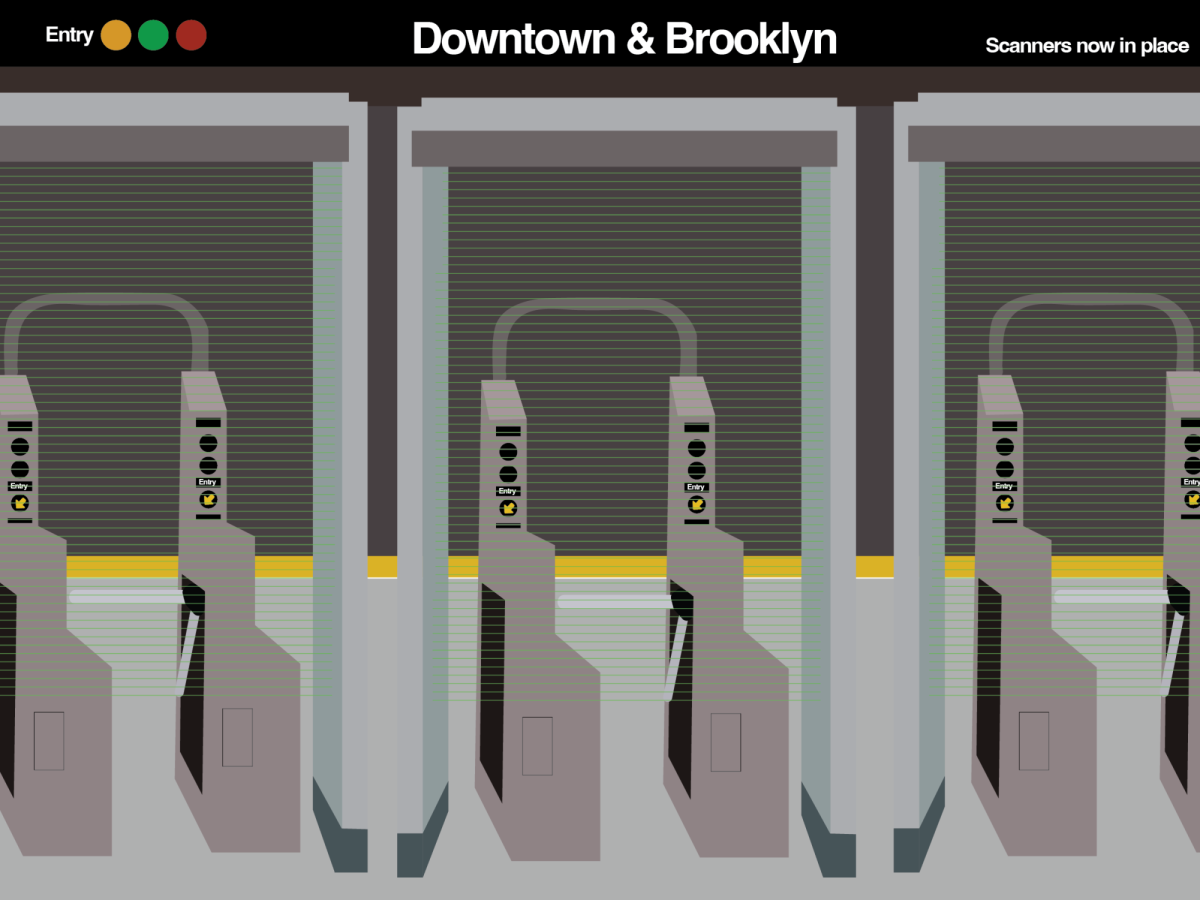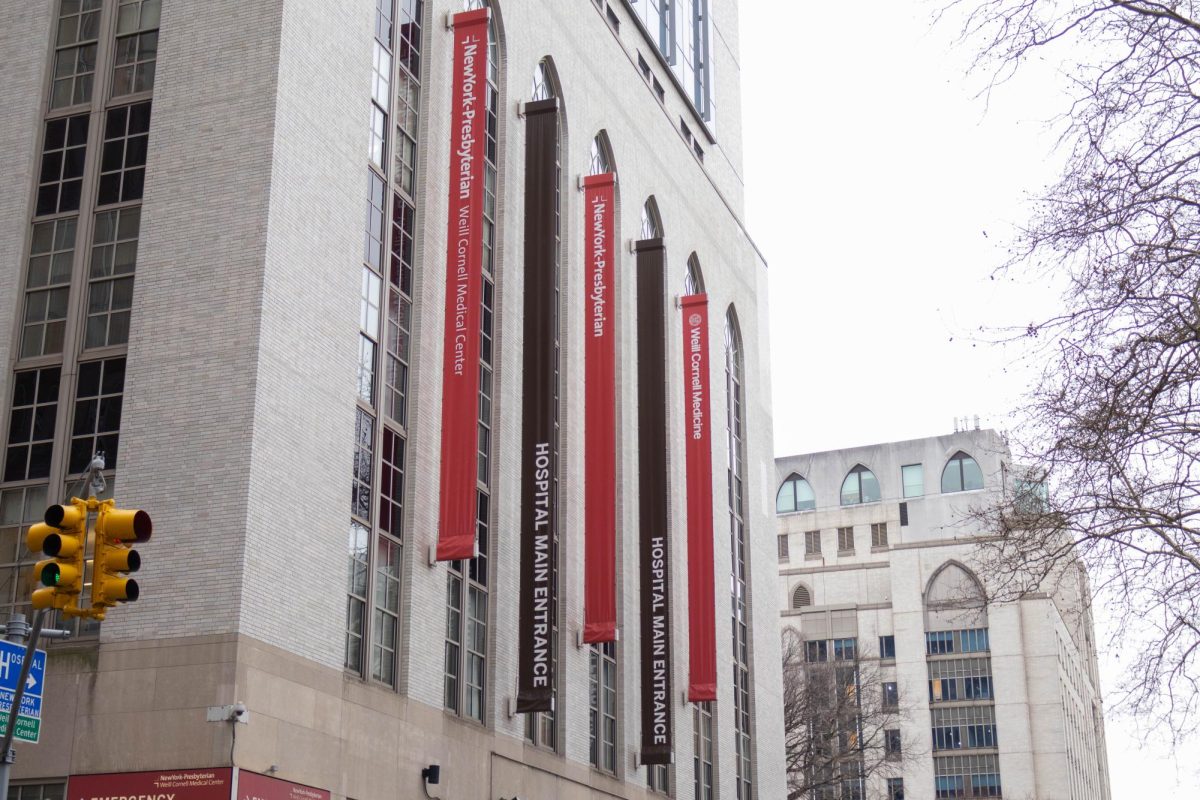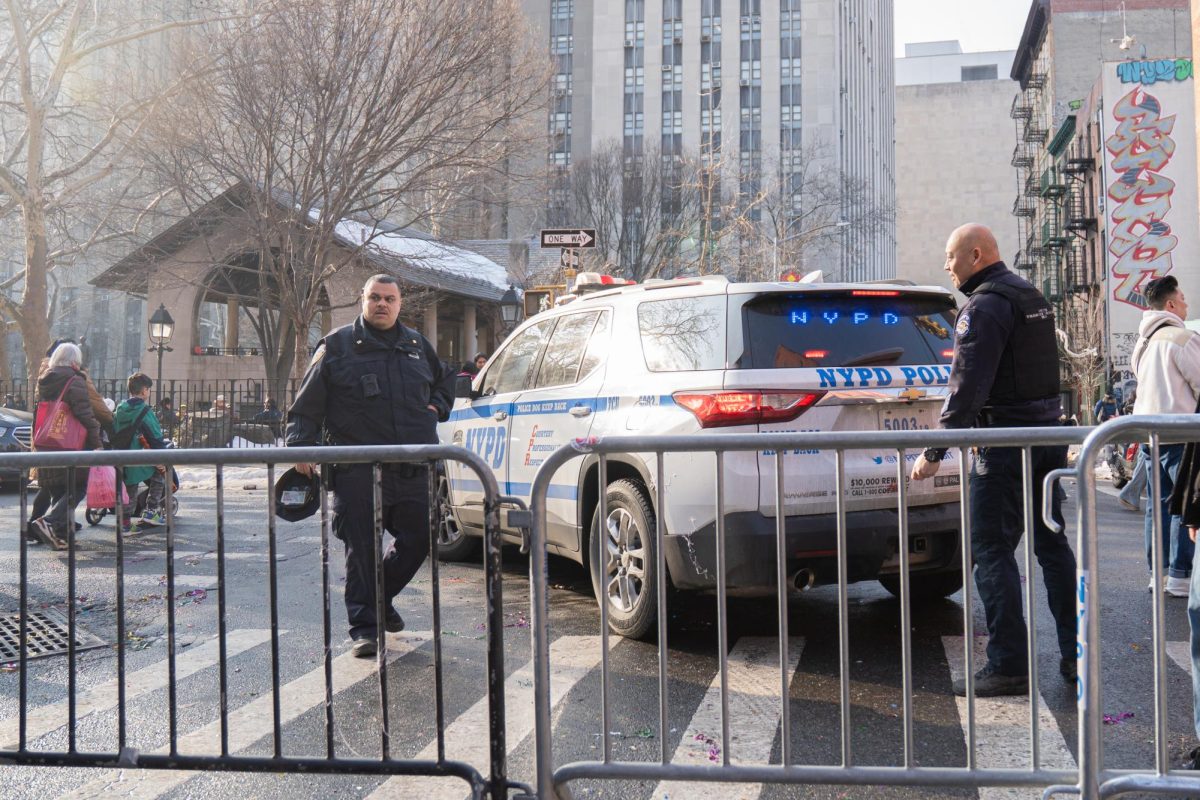Taking “the next step forward” to protect commuters after deploying the National Guard into the subway system, New York City Mayor Eric Adams hopes to bolster the safety of NYC commuters by implementing AI technology body scanners in subways.
Adams has recently announced that the city has partnered with Evolv Technology, a Massachusetts-based company specializing in weapons detection technology.
These AI body scanners created by Evolv detect potential weapons on a person, completing scans in seconds and identifying areas where concealed firearms may be present.
Evolv’s scanners resemble traditional metal detectors but are enhanced with artificial intelligence technology. According to the company, these scanners utilize “safe, ultra-low frequency, electromagnetic fields and advanced sensors” to detect concealed weapons.
However, Evolv has faced scrutiny regarding the accuracy and effectiveness of its machines, as well as two government investigations and a class-action lawsuit by shareholders.
The scanners are already in operation at prominent venues such as Citi Field, Lincoln Center and the Metropolitan Museum of Art. Notably, Adams previously installed an Evolv scanner outside City Hall in 2022 following the April subway shooting incident in Brooklyn that troubled the city.
Commuters are both optimistic and unsure that the introduction of the Evolv body scanner could serve as a crucial tool in preventing such crimes in the future. As transit crimes are up 4.4% this year compared to 2023, New Yorkers are awaiting any positive change, with or without the use of detectors.
Among those New Yorkers is Jennifer McMahon, who shared her recent reluctance to take the subway as well as concerns about the effectiveness of the AI firearm detectors.
“I used to feel safe in the subway, now I do not. I believe there’s not enough police officers to protect people on the subways, and I think armed police officers will protect us better than any machines could,” McMahon said.
Baruch College students, most of whom commute, also voiced their concerns about their travel. Miles Piper, a Baruch student, expressed his apprehension about riding the subway after personally witnessing commotion and turmoil, commenting, “I got off a stop early when I heard people shouting.”
Another Baruch student, Rainisha Dass, said, “I don’t feel safe on the subways, but I feel having the AI detectors in place are not going to help.”
Another student, who chose to remain anonymous, stated, “I worry whenever I go on the train, but I think that the AI machines will be useful. I’m hopeful they will be.”
The implementation of the AI technology in subways is slated for several months from now, as per the guidelines outlined in the Public Oversight of Surveillance Technology Act. The city has specified a mandatory 90-day waiting period before deployment can commence.
During this interval, the NYPD will actively seek out vendors specializing in weapons detection technology for the pilot program. Additionally, the public will have the opportunity to provide feedback on the program during the initial 45 days of the waiting period, as announced by city officials.
The mayor’s office further stated that the pilot program will initially be rolled out in select subway stations, enabling the NYPD to conduct thorough assessments of the equipment’s efficacy and accuracy before the machines can be deployed in more stations.
News of the expected enhancement of safety in the subway system is welcomed by many, especially considering the recent subway crime surge. This surge includes an 83.3% increase in gun-related arrests, a nearly 80% jump in fare-evasion arrests and a 24.1% hike in grand larceny arrests.
Whether the Evolv body scanners prove to be effective in enhancing subway safety or not, the sentiment among New Yorkers remains consistent: they are eager for a safer commute.








